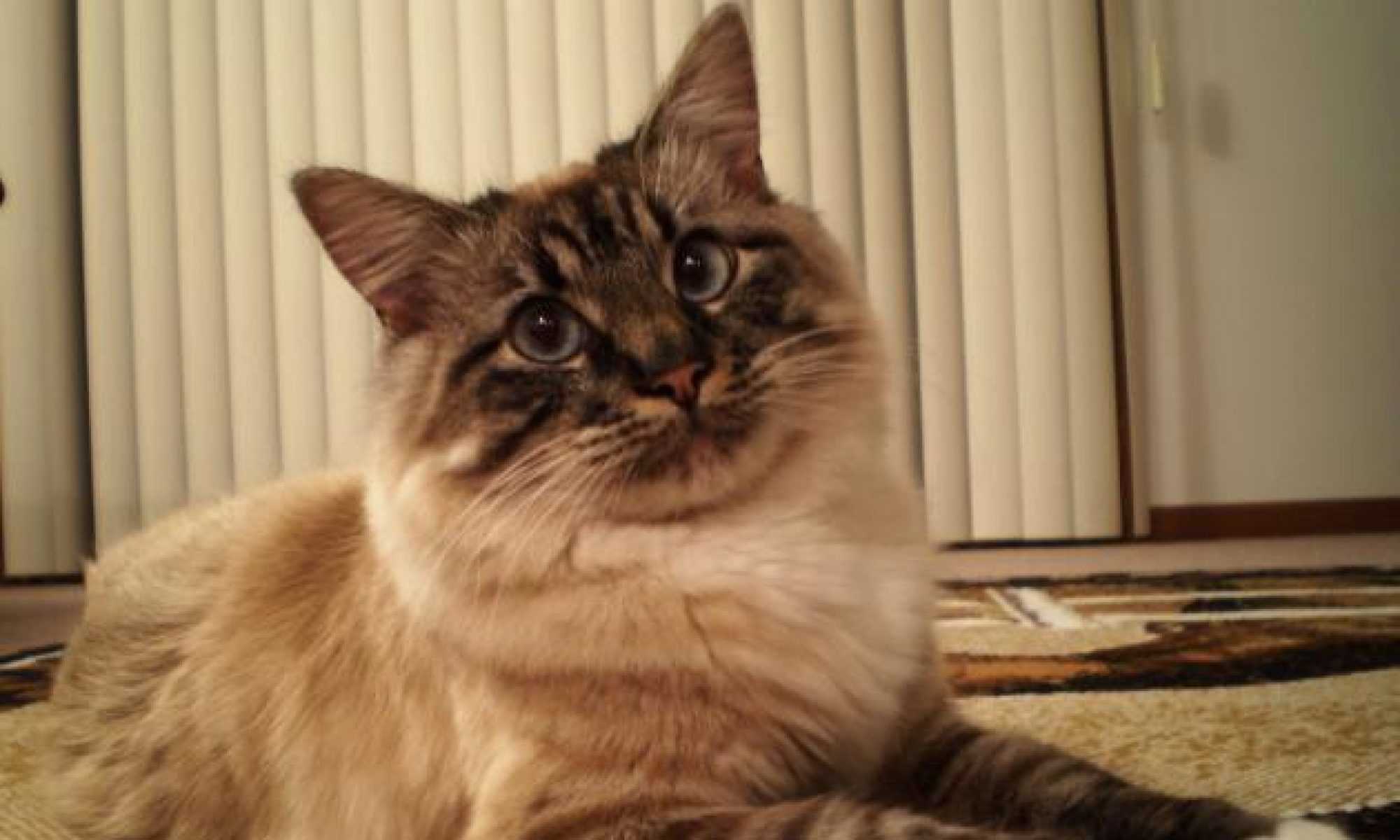Introduction
Ferrets are curious and intelligent creatures. This makes them both fun and entertaining companions, but it can also be the cause of serious injuries and sometimes death. Before buying your companion ferret, it is important to “ferret-proof” your home. While this task may take some time, it is well worth it to keep your ferret safe from pain, serious injuries, and costly surgeries that could occur. It is also important to monitor your ferret when it plays outside of its cage. Ferrets will explore every nook and cranny in their environment and pick up any object they find. To provide the safest environment for your ferret, be aware of the following hazards:
Appliances (washers, dryers, stoves, refrigerators)
Ferrets may chew on the electrical cords of appliances. Ferrets have also been known to crawl into these appliances and fall asleep. Be sure to check before turning the power on. Ferrets have also been known to crawl into piles of clothing and fall asleep, so be sure to go through the piles before placing them in the washer. The optimal method of prevention is to restrict access to the room where these appliances are located.
Air ducts
Ferrets are capable of getting into air ducts (even through holes as small as 1 inch). If they get trapped, they may starve and become dehydrated. It is best to seal off all holes larger than 1 inch where ductwork passes through a wall or floor.
Open railings
Ferrets may fall and suffer injury if they misstep while walking near stair railings. The best way to avoid this is to restrict your ferret’s activity to the lower level of the house.
Electrical wires
Ferrets are notorious for chewing anything they can get their teeth on, including electrical wires. Chewing an electrical wire can cause electrocution. It is best to place a plastic wire protector over the cords or securely tape them to the floor. You can also spray the cords with a bitter tasting spray that will discourage the ferret from chewing on them.
Open doors/doors with gaps
If a ferret is allowed to play in areas where doors are open, it may very easily escape to the outdoors and become lost or injured. If you let your ferret play outside of its cage, make sure all doors are shut. Also, placing a door sweeper or weather strip on the bottom of doors will prevent the ferret from squeezing underneath.
Cabinets
Unsecured cabinets give ferrets access to cleaning supplies, medications, and other toxic materials. You can secure cabinets by placing child safety locks on them, as long as they don’t create a gap that ferrets can squeeze through.
Windows
Windows pose a potential falling hazard as well as give a ferret access to the outdoors. Make sure window screens don’t have tears and that they fit securely. But because ferrets can tear a hole in the screens, it is best to keep the windows closed.
Houseplants
Houseplants pose a possible poisoning hazard, so it is best to remove toxic plants from your home or to keep them out of reach. Ensure that all houseplants you keep are nontoxic to your ferret. If you decide to keep them out of reach, remember that ferrets are good climbers.
Rugs and mattresses
Ferrets may crawl underneath rugs and mattresses, which can lead to them being crushed or injured when someone steps on them or lies down. It is best to remove rugs or roll them up while your ferret is playing. Secure mattresses by stapling heavy fabric pulled tight to the bottom of the box spring, or restrict access altogether.
Bathrooms (toilets, bathtubs, sinks)
Toilets, bathtubs, and sinks present a potential drowning hazard. Keep toilet lids down, and if possible use a child lock. Never leave sinks or tubs filled with water unattended.
Spongy, chewable objects (balloons, erasers, foam, rubber bands, buttons)
Ferrets like to chew on soft or plastic objects that are commonly found around the home. These objects pose a choking hazard and can cause intestinal blockage. Intestinal blockages can be fatal and usually require emergency surgery. Keep items picked up and out of reach. Don’t forget about trash cans, which ferrets can easily get into. It’s best to always monitor your ferret while it is out of its cage.
If your ferret is injured or eats something that may pose a serious threat to its health, contact your veterinarian and/or the National Animal Poison Control Center (888-426-4435). Keep the contact information readily available.
Lisa Karr-Lilienthal, Ph.D., and Kaycee Points – University of Nebraska-Lincoln
Photo provided by Paddy Patterson
Related content:
- Ferret Housing and Care

